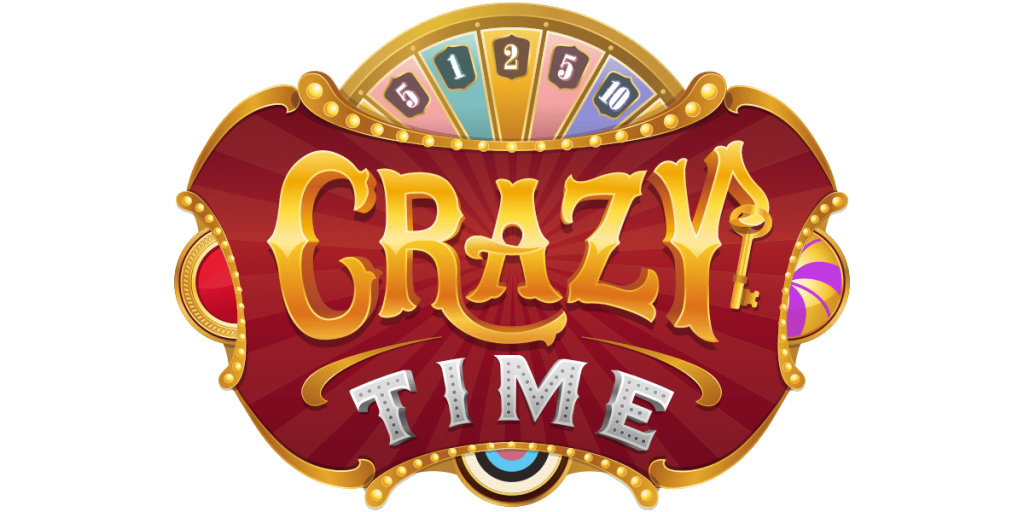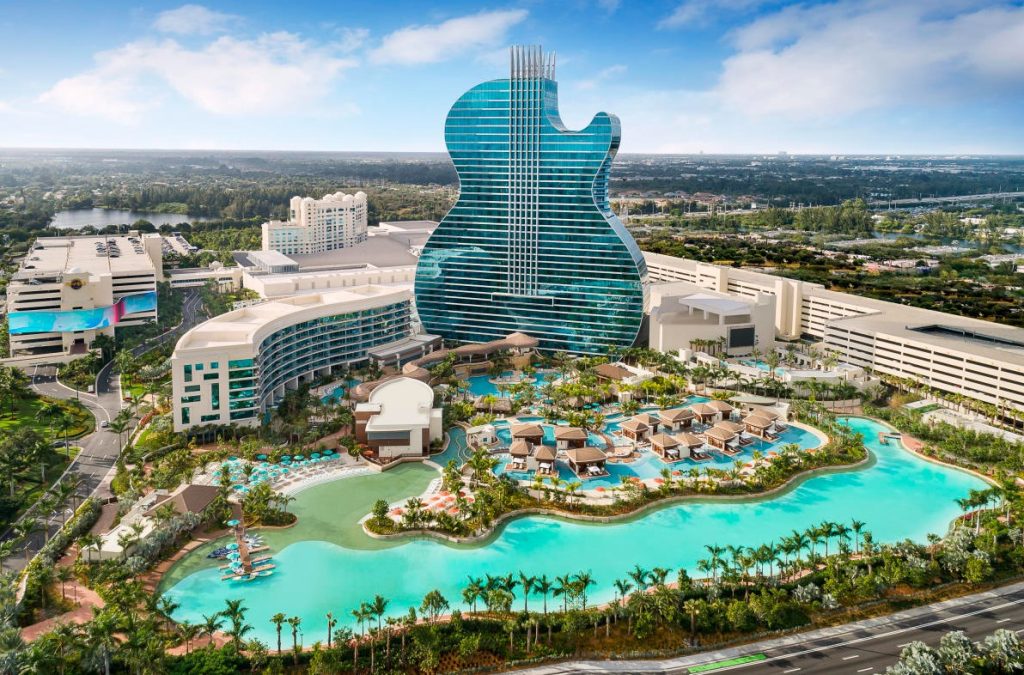Hard Rock Casino: The Hard Rock Casino is a globally recognized brand known not only for its casinos but also for its iconic cafes, hotels, and memorabilia collections. While many associate Hard Rock with American pop culture, few realize that its current ownership lies with a Native American tribe—an arrangement that combines modern enterprise with indigenous heritage.
Hard Rock Casino: This article explores the ownership structure, the tribe behind the brand, its acquisition journey, and the broader business strategy that makes Hard Rock one of the most prominent names in the global hospitality and gaming industry.
Hard Rock Casino: The Owners: Seminole Tribe of Florida
Hard Rock Casino: The Seminole Tribe of Florida is the proud owner of Hard Rock International (HRI), the parent company of all Hard Rock-branded businesses, including Hard Rock Casinos. This historic acquisition made the Seminole Tribe the first Native American tribe to own a major international corporation.
Hard Rock Casino: Key Facts about the Seminole Tribe:
| Aspect | Details |
|---|---|
| Tribe Name | Seminole Tribe of Florida |
| Recognition | Federally recognized tribe (since 1957) |
| Population | ~4,000 members |
| Headquarters | Hollywood, Florida |
| Main Businesses | Gaming, hospitality, agriculture, media |
| Year of Hard Rock Purchase | 2007 |
Hard Rock Casino: A Brief History of the Hard Rock Brand
Hard Rock Casino: Hard Rock began not as a casino brand, but as a single café in London in 1971. Founded by Isaac Tigrett and Peter Morton, it grew into a cultural phenomenon over the decades.
Timeline of Hard Rock Brand Development:
| Year | Milestone |
|---|---|
| 1971 | First Hard Rock Cafe opens in London |
| 1982–90s | Rapid expansion of cafes worldwide |
| 1995 | First Hard Rock Hotel opens in Las Vegas |
| 2004 | Hard Rock Hotel & Casino in Hollywood, FL opens (Seminole owned) |
| 2007 | Seminole Tribe acquires Hard Rock International |
| 2019 | Opening of the world’s first guitar-shaped hotel in Hollywood, FL |
Acquisition by the Seminole Tribe: A Turning Point
In 2007, the Seminole Tribe purchased Hard Rock International from the British company Rank Group for $965 million. This landmark deal included:
- All Hard Rock Cafes worldwide
- Hotels and casino rights
- The legendary music memorabilia collection
- The Hard Rock brand and trademarks
Why Did the Seminoles Buy Hard Rock?
- Brand Recognition: Hard Rock had strong international brand value.
- Diversification: It allowed the tribe to expand from tribal gaming into global hospitality.
- Revenue Stream: An opportunity to generate revenue beyond the United States.
- Cultural Fit: Music, tradition, and storytelling align well with Seminole heritage.
Business Structure of Hard Rock International
Today, Hard Rock International (HRI) oversees a wide variety of assets and operates in over 70 countries. The brand is segmented into multiple divisions:
Hard Rock Business Segments
| Segment | Details |
|---|---|
| Hard Rock Cafes | Over 180 cafes globally |
| Hard Rock Hotels | Operates or licenses over 30 hotels |
| Hard Rock Casinos | Operates casinos in North America & abroad |
| Rock Shops | Branded merchandise outlets |
| Memorabilia Collection | Over 80,000 pieces—the world’s largest |
| Online Gaming | Sportsbooks, online casinos (in select markets) |
Notable Hard Rock Casino Locations
The brand is now synonymous with top-tier casino resorts. While the Seminole Tribe directly operates some casinos, others are franchised or managed by HRI under licensing agreements.
Select Casino Properties
| Casino Location | Ownership/Operation | Notes |
|---|---|---|
| Seminole Hard Rock Tampa | Owned & operated by Seminole Tribe | One of the largest casinos in the US |
| Seminole Hard Rock Hollywood | Owned & operated by Seminole Tribe | Home of the guitar-shaped hotel |
| Hard Rock Atlantic City | Operated under HRI license | Former Trump Taj Mahal |
| Hard Rock Northern Indiana | Owned in partnership | New flagship in Midwest |
| Hard Rock Hotel & Casino Sacramento | Managed under license | Partnership with Enterprise Rancheria |
Financial Impact and Economic Significance
The acquisition of Hard Rock International has proven to be extremely profitable for the Seminole Tribe. The tribe’s gaming operations—including both Hard Rock and tribal casinos—generate billions annually, funding education, healthcare, and infrastructure for tribal members.
Estimated Revenue Highlights (Recent Years)
| Revenue Source | Estimated Annual Revenue |
|---|---|
| Gaming (Casinos) | $2.5 – $3 billion |
| Hospitality (Hotels) | $500 – $800 million |
| Retail & Merchandise | $200 – $300 million |
| Online Gaming (Select) | $100 – $200 million |
Note: These are industry estimates; the Seminole Tribe, as a sovereign entity, does not publicly disclose detailed financials.
Challenges and Future Plans
Despite success, Hard Rock faces competition from other global players like MGM, Caesars, and Wynn. However, their strategy remains aggressive:
- Expanding into Asia and South America
- Investing in online gambling platforms
- Hosting global music and sports events
- Pursuing high-profile bids like Las Vegas Strip properties
They also made headlines with their bid to develop a casino in New York City, positioning themselves as a serious player in major gaming markets.
Conclusion
The story of the Hard Rock Casino is more than just rock ‘n’ roll and slot machines—it’s about economic sovereignty, smart investing, and cultural resilience. The Seminole Tribe of Florida took a bold step in 2007 that turned them into global hospitality leaders. Through Hard Rock International, they continue to influence the gaming and entertainment industry worldwide.
Their success story is a testament to the potential of Native American enterprises when given the tools, autonomy, and vision to grow on their own terms.

